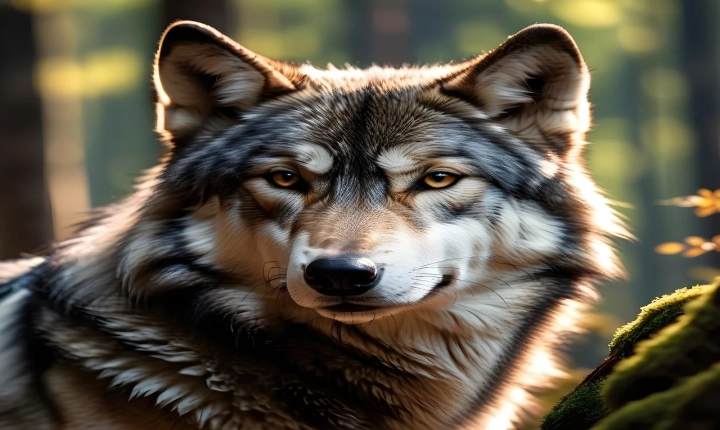Artificial intelligence (AI) has become an integral part of our lives, revolutionizing numerous industries and expanding the capabilities of technology. However, as AI continues to advance rapidly, there is a growing concern about its potential impact on human creativity. This concern raises a fundamental question: Is AI a threat to human creativity?
Proponents of AI argue that the technology has the potential to enhance human creativity by providing new tools and resources for creative expression. AI-powered software and tools can assist artists, writers, designers, and musicians in generating new ideas, exploring innovative concepts, and streamlining the creative process. For example, AI algorithms can analyze vast amounts of data to identify patterns and trends, inspiring artists to create unique and impactful work. Additionally, AI can automate repetitive tasks, freeing up time for creatives to focus on more complex and inventive projects.
On the other hand, skeptics believe that AI could pose a threat to human creativity by replacing or diminishing the role of human creators. They argue that as AI becomes more advanced, there is a potential risk that human creativity may be overshadowed by the efficiency and precision of AI-generated content. This could result in a homogenization of creative output, as AI algorithms may favor popular trends and formulas over original and authentic expression.
One of the most significant concerns surrounding the impact of AI on human creativity is the potential for AI to replicate or simulate creative processes in a way that blurs the line between human and machine-generated content. For instance, AI has demonstrated the ability to compose music, write literature, and create visual art that can be indistinguishable from works created by human artists. This raises questions about the authenticity and originality of creative works, as well as the ethical implications of attributing authorship to AI-generated content.
Moreover, the reliance on AI for creative tasks may lead to a reduced emphasis on critical thinking, problem-solving, and intuitive decision-making—essential aspects of human creativity. As creatives become more dependent on AI tools for idea generation and problem-solving, there is a risk that their innate creative abilities could diminish over time, impacting the diversity and depth of artistic expression.
Despite these concerns, many experts believe that AI and human creativity can coexist synergistically, with AI serving as a valuable tool to augment and inspire human creativity rather than replacing it. By leveraging AI technology, creatives can gain access to new sources of inspiration, improve their workflow efficiency, and push the boundaries of their creative capabilities. Additionally, AI has the potential to facilitate collaboration and interdisciplinary exchanges, fostering a more diverse and interconnected creative ecosystem.
In conclusion, the question of whether AI poses a threat to human creativity is complex and multifaceted. While there are valid concerns about the potential impact of AI on the authenticity and originality of creative works, there are also opportunities for AI to empower human creativity and expand the horizons of artistic expression. Ultimately, the relationship between AI and human creativity will continue to evolve, and it will require a thoughtful and ethical approach to ensure that AI complements and enriches, rather than supplants, the fundamentally human aspects of creativity.
